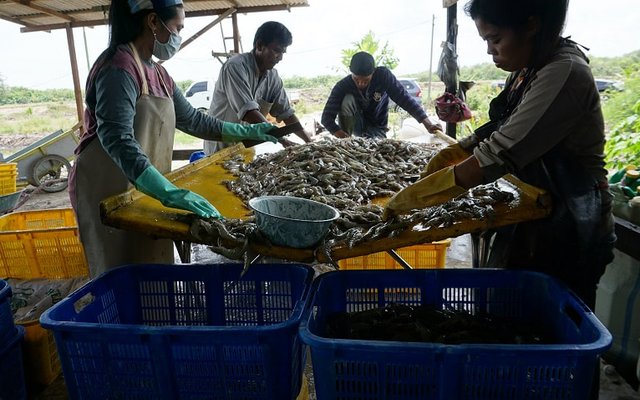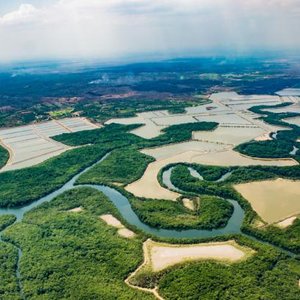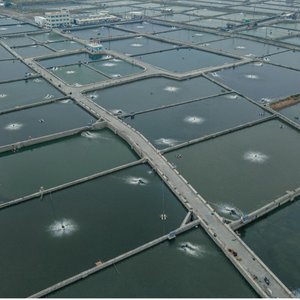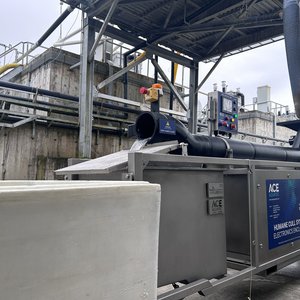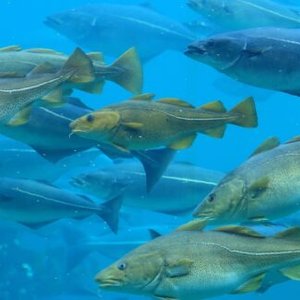Minnowtech, an aquaculture technology company that enables shrimp farmers to calculate shrimp abundance for optimizing feed and harvest, was awarded a $999,780 Small Business Innovation Research (SBIR) Phase II grant from the National Science Foundation (NSF). With this Phase II SBIR award, titled “Sonar Arrays for Maximizing Aquaculture Yields,” Minnowtech will focus directly on the development of its sonar-based product to meet specifications for the company’s upcoming commercialization stage.
Minnowtech's product is designed to enable shrimp farmers to determine shrimp biomass, optimize stocking density, manage shrimp growth conditions and better time their harvests. “Nearly $45 billion of shrimp are grown each year, and because they are grown in turbid water, farmers are forced to guess how many shrimp are in their ponds based on their initial stocking numbers,” said Suzan Shahrestani, CEO with Minnowtech. “In working side by side with shrimp farmers, we know the lack of being able to measure biomass is their biggest hurdle to increasing the health of their crops and their profitability as farmers. Our Minnowtech solution targets this unmet need head-on.”
In 2019, Minnowtech was awarded a $225,000 Small Business Innovation Research (SBIR) Phase I grant from the NSF. In addition, Minnowtech has raised over $1 million from investments by OTAQ Group (OTAQ - LON) and other investors around the world.
“Ultimately, our product provides farmers with real-time estimates of shrimp biomass and behavior with standardized data acquisition, fostering an integrated system for aquaculture monitoring,” said Shahrestani. “With this system in place, we can accelerate shrimp aquaculture as a sustainable food source across the globe.”


